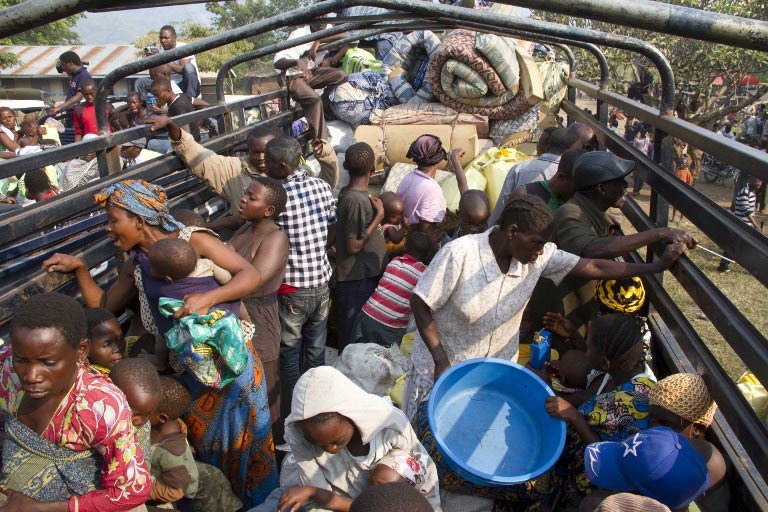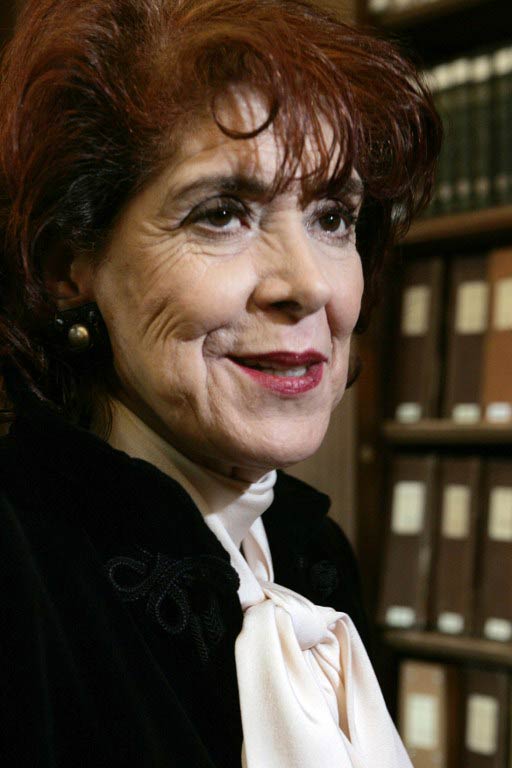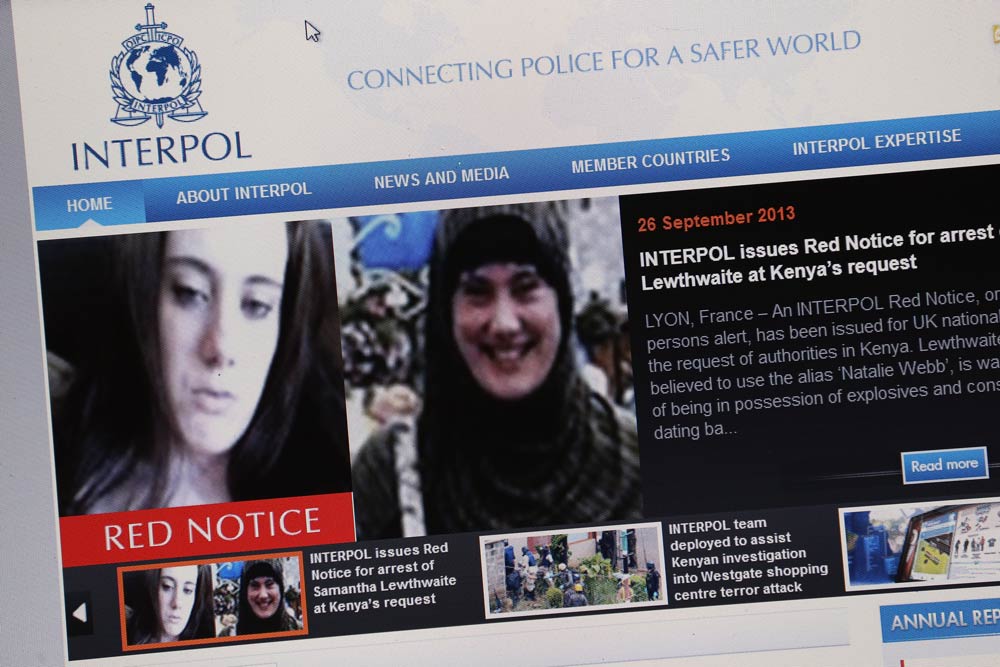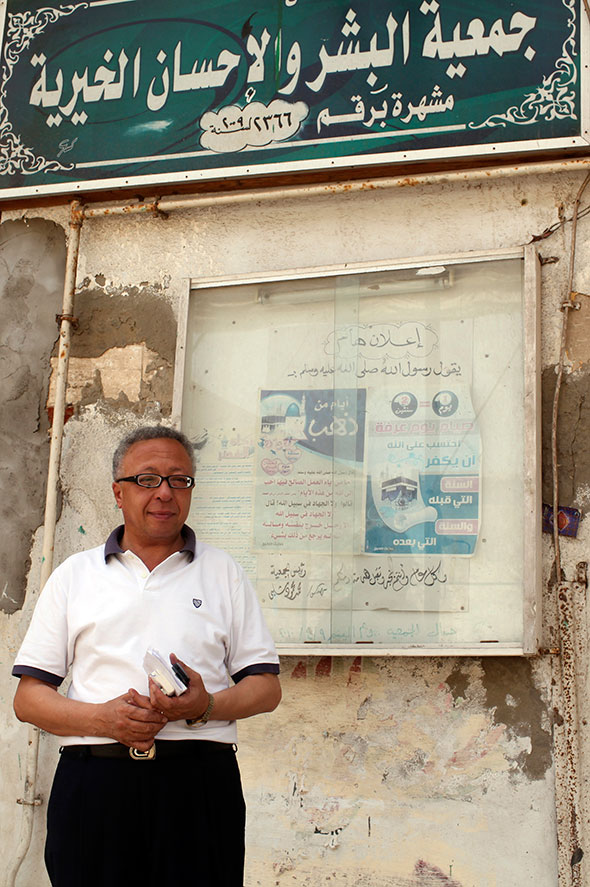Maimuna Abdulmunini was just 13 when she was arrested for burning her 35-year-old husband to death.
The legal process dragged out over five years. Finally in 2012, when she turned 18, Abdulmunini was convicted of murder and sentenced to death. Today, despite a court ruling six months ago that the sentence is a violation of her rights, she is still on death row, waiting.
Wasila Tasi’u is 14 but has been in a prison in Gezawa, outside the city of Kano, for the last five months. She too faces the death penalty for allegedly murdering her 35-year-old husband, Umar Sani, and three others at her own wedding party.
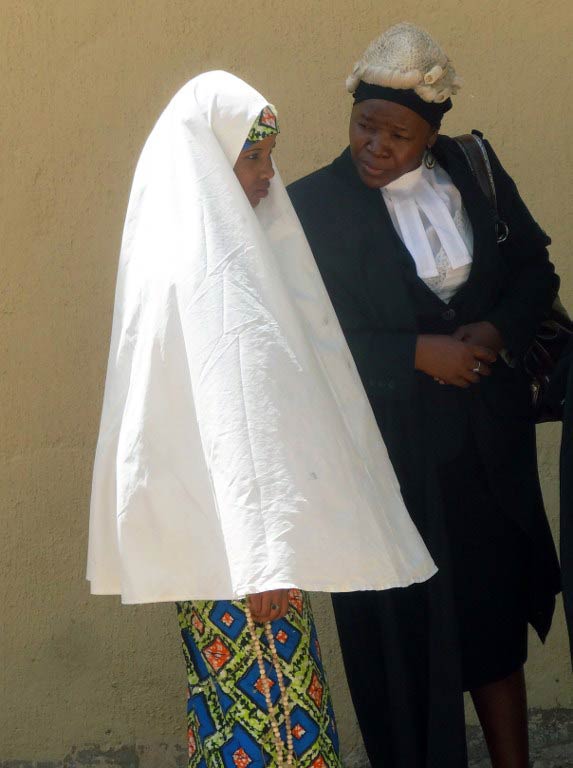
Soon after she was arrested, Tasi’u told her lawyer Hussaina Ibrahim that she had been tied to the bed and raped by Sani on their wedding night. When she appeared in Gezawa high court for the first time back in the autumn, she could barely say her own name, turning her back to the court when the charges were read, breaking down in tears.
Her trial resumes on Wednesday, March 11. A strike by judicial staff, coupled with the customary delays in the Nigerian legal system, has meant that she has been incarcerated since October, with limited access to her mother and father. Tasi’u is struggling to cope with her current situation, according to Ibrahim. Once described as a “jovial” and “intelligent” teenager, Tasi’u is now withdrawn and scared.
Nigeria’s legislation
The Nigerian government made child marriage illegal in 2003, but according to campaigners from Girls Not Brides, 39% of girls in the country are still married before the age of 15. In the Muslim-dominated northwest, 48% of girls are married by the age of 15 and 78% are married by the time they hit 18. In Kibbe state, the average age of marriage for girls is just 11 .
The Child Rights Act, which raises the minimum age of marriage for girls to 18, was introduced in 2003. But the legislation, which was created at a federal level, is only effective if it is passed by state governments. To date, only 24 of Nigeria’s 36 states have passed the act . The legislation is yet to be passed in either Abdulmunini or Tasiu’s home states.
Within Nigerian politics the issue has proved controversial, not least because politicians have a habit of marrying teenagers. Senator Ahmed Sani Yerima, representative for Zamfara West in northern Nigeria, made headlines back in 2010 when he married a 13-year-old Egyptian girl. Three years later he persuaded his fellow Senators to defeat a motion that would have removed a constitutional loophole that means girls under the age of 18 are considered adults as soon as they get married.
Now, with less than three weeks to go before the country goes to polls in the presidential election, the issue has taken on a political edge. Ibrahim says the government doesn’t care about the girls forced into marriage, claiming that politicians could have Tasi’u released if they really wanted to.
A senior lawyer at the International Federation of Women Lawyers in Kano, Ibrahim is currently dealing with 54 cases related to child marriage, including a 12-year-old charged with attempted murder and an 11-year-old who attempted suicide and ran away from home a week before she was due to marry a 45-year-old.
Ibrahim starts her working day at three in the morning, before prayers and taking her children to school. As a woman in a high-powered job, she faces regular harassment from opponents, as well as the general sexism that punctuates her dealings with state officials and members of the police force.
“I am frustrated. There is a real problem with access to education in this region. The government could take steps to address this, but it is yet to do so. Better access to education could have a real impact on child marriage. It’s easy to get the sense that those in charge in the south don’t care about the people of the north. The election has been so focused on terrorism and Boko Haram that other issues are being lost,” she says.
Reluctant politicians
Maryam Uwais, a lawyer based in northern Nigeria, who “grew up watching girls being married off all around” her, suggests that politicians in the north of the country are reluctant to come out against child marriage for fear of losing popular support. “Many of our northern politicians seem to think that taking a stand against pegging the minimum age for marriage would be synonymous with taking a stand against the Muslim faith. The religion has been misinterpreted to convey that child marriage is encouraged in Islam, whereas contextual interpretations would suggest the opposite,” she says.
“Child marriage is prevalent in many of the communities where poverty is endemic. Parents (and fathers especially) actually benefit from the dowry and extras that their daughter’s suitor contributes to the family of the girl child.”
The lawyers representing Maimuna Abdulmunini are equally frustrated with the Nigerian political system. Angela Uwandu works with Avocats Sans Frontières in Abuja. Together with Jean-Sebastian Mariez, who works for the organisation from Paris, she took Abdulmunini’s case to the Economic Community of West African States (Ecowas) Court of Justice.
Attempts to have Abdulmunini released
In June 2014, after granting her an injunction to prevent her being executed four months earlier, the court said the decision to sentence Abdulmunini to death for a crime committed when she was a minor was a violation of her rights. In its judgement, the court also noted a number of flaws in the original trial. The issue of her age had been ignored by both sides, while lawyers for the prosecution argued that Abdulmunini’s desire to keep her newborn baby with her while she was incarcerated was just a cynical attempt to gain sympathy.
Lacking the authority to order her release, the Ecowas court can only urge the Nigerian government to follow its judgment. ASF’s lawyers have been lobbying to ensure this happens but so far their pleas have fallen on deaf ears.
A separate criminal appeal has been filed by Abdulmunini’s lawyer at the national level challenging the death sentence conviction by the High Court.
Abdulmunini, who Uwandu described as being “overjoyed” when she heard the regional court had decided to strike down her sentence back in June, is now dejected.
She is currently separated from her three-year-old daughter – the result of a relationship she had while out on bail – and is living in an overcrowded cell with six other inmates.
Françoise Kpeglo Moudouthe, head of Africa engagement at Girls Not Bride, is calling on the Nigerian government to do more to tackle child marriage.“If nothing is done, it’s clear that Nigeria – and other countries where child marriage is prevalent – will continue to fall short in its efforts to improve the education, health and wellbeing of millions of its citizens.“It’s important to remember that many parents marry off their daughter as a child because they believe it is the best and safest option for her future. The government of Nigeria must do more to empower girls and ensure their access to safe secondary schools, and other services, if parents are to see that they and their daughters have other options to child marriage.”

